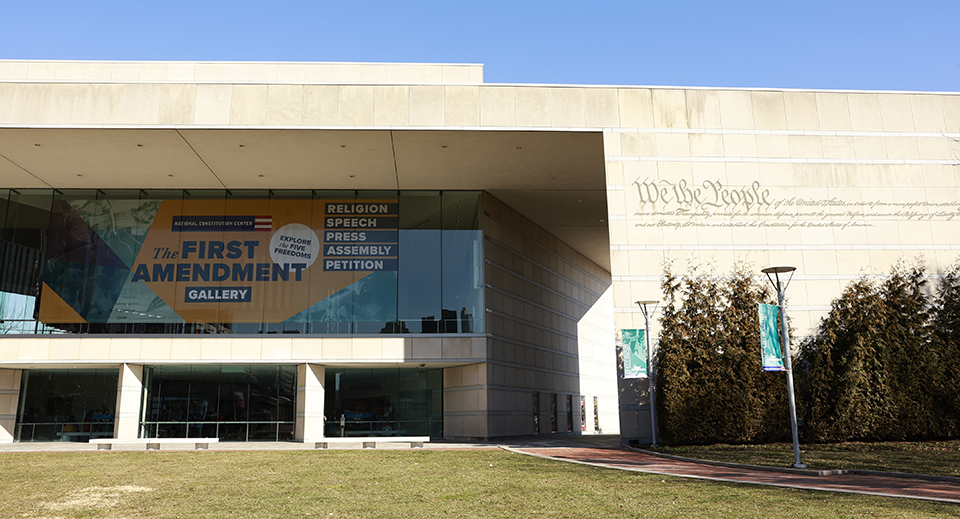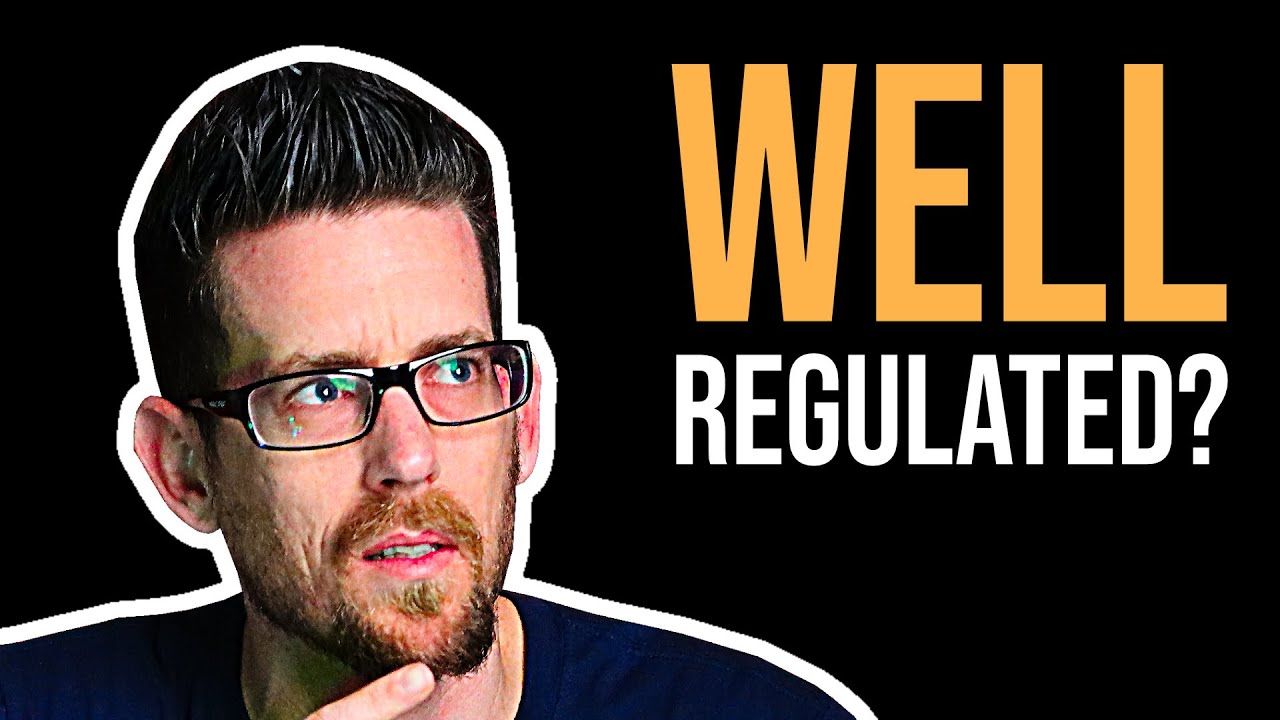‘The Second Amendment of the United States Constitution reads: "A well regulated Militia, being necessary to the security of a free State, the right of the people to keep and bear Arms, shall not be infringed."
Such language has created considerable debate regarding the Amendment's intended scope. On the one hand, some believe that the Amendment's phrase "the right of the people to keep and bear Arms" creates an individual constitutional right to possess firearms. Under this "individual right theory," the United States Constitution restricts legislative bodies from prohibiting firearm possession, or at the very least, the Amendment renders prohibitory and restrictive regulation presumptively unconstitutional. On the other hand, some scholars point to the prefatory language "a well regulated Militia" to argue that the Framers intended only to restrict Congress from legislating away a state's right to self-defense. Scholars call this theory "the collective rights theory." A collective rights theory of the Second Amendment asserts that citizens do not have an individual right to possess guns and that local, state, and federal legislative bodies therefore possess the authority to regulate firearms without implicating a constitutional right.
In 1939 the U.S. Supreme Court considered the matter in
United States v. Miller, 307 U.S. 174. There, the Court adopted a collective rights approach, determining that Congress could regulate a sawed-off shotgun which moved in interstate commerce under the National Firearms Act of 1934 because the evidence did not suggest that the shotgun "has some reasonable relationship to the preservation or efficiency of a well regulated militia . . . ."
The Court then explained that the Framers included the Second Amendment to ensure the effectiveness of the military.
This precedent stood for nearly 70 years until 2008, when the U.S. Supreme Court revisited the issue in the case of District of
Columbia v. Heller…’

www.law.cornell.edu
The original intent of the Framers was to codify in the Second Amendment a collective – not individual – right subject to government regulation.
Now it’s an individual right as determined by the
Heller Court – still subject to government regulation.


